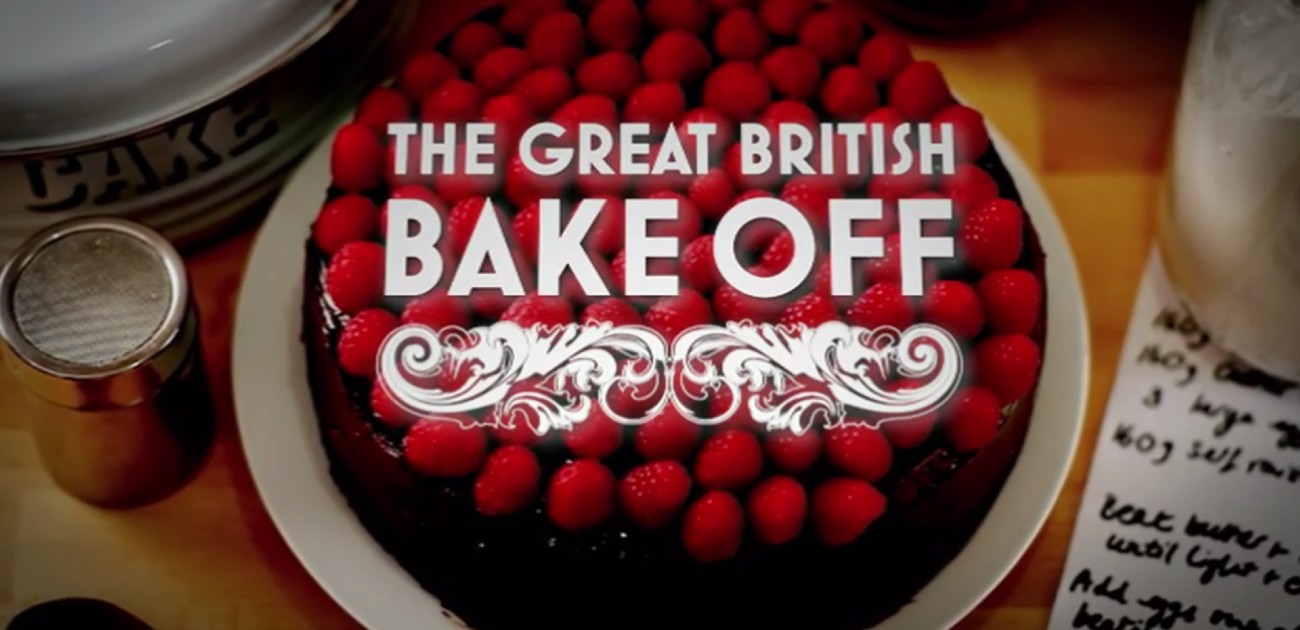Have you ever watched The Great British Bake Off? I’m not partial to reality television, but even I must admit this competition has a certain charm. The show centers on a group of amateur bakers who compete against each other in a series of challenges, attempting to impress the judges with their baking skills. One contestant is eliminated each round until a winner is selected from the contestants who reach the finals.
Anyone familiar with this type of series would expect The Great British Bake Off to be a hotbed of drama. After all, reality television is infamous for its petty squabbles, vicious betrayals, and hysterical accusations. Yet, surprisingly, the show is incredibly wholesome. Contestants go out of their way to encourage one another, despite being rivals. Tools and ingredients are shared freely. In one instance, several contestants stopped what they were doing to help another save their collapsing cake.
Sure, it’s still a competition and everyone tries their hardest to win, but at the end of the day they care more about building each other up than taking home the prize. It’s enough to make even this cynical viewer tear up!
It’s Not Whether You Win or Lose…
As teachers, we understand the value of collaboration. There’s no limit to what our students can learn and accomplish when they work together as a unit. At the same time, the value of collaboration can often get overshadowed by the pressure to win. I don’t think it’s a stretch to say our culture tends to value achievement over character. We see it every day in sports, in the media, and unfortunately even in our schools. All the emphasis is on what you do, not how you do it.
This is a real tragedy because it creates people with an incredibly narrow and selfish view of the world. Students with this mindset will undoubtedly miss out on opportunities to grow and mature as individuals. They will start to see their classmates as competitors or obstacles rather than resources for mutual support. Worse yet, it’s sure to negatively impact their social-emotional growth by hindering their relationship skills, social awareness, and responsible decision-making. Ultimately, our students are taught to trade long-term growth for short-term achievements.
…It’s How You Play the Game
The truth is altruism and cooperation really do make us better learners. Contestants on The Great British Bake Off frequently walk away with more confidence, more experience, and more resources than when they started, even if they don’t win! We need to show our students that collaboration and teamwork are more than just a means to an end. Instead, they’re the building-blocks of education and discovery.
Take advantage of Blue Apple’s free resources to cultivate collaboration in your classroom. Use the “Round Robin” brainstorming technique to elicit student knowledge or to share information about a topic. Have students create cooperative learning norms to get them invested in their environment and remember to praise student effort over achievement. Show them that “winning” and “losing” are not what’s important in education. Instead, it’s building an environment where all students find the support they need to thrive!
We hope you are all staying healthy and safe during this difficult time. For more free educational resources simply follow this link. If you enjoyed this blog post, don’t forget to subscribe!
*Image courtesy of the Great British Bake Off.

